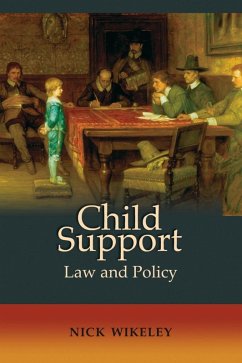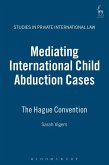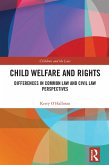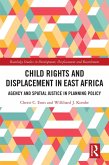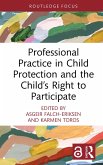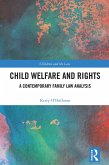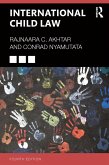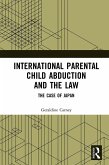Written by one of the UK's leading scholars of welfare law, this book analyses the current child support legislation in its broader historical and social context, synthesising both doctrinal and socio-legal approaches to legal research and scholarship. The book draws on the historical and legal literature on the Poor Law and the development of both the public and private law obligation of child maintenance. Modern child support law must also be considered in the context of both social and demographic changes and in the light of popular norms about child maintenance liabilities. The main part of the book is devoted to an analysis of the modern child support scheme, and the key issues are addressed: the distinction between applications in 'private' and 'benefit' cases and the extent to which the courts retain a role in child maintenance matters; the basis for, and the justification for, the exception from the obligation for parents with care on benefit to co-operate with the Child Support Agency where they fear 'undue harm or distress'; the assessment of income for the purposes of the formula and the evidential difficulties this entails; the tension between the formula, which ignores the parent with care's income, and the demands of distributive justice; the further conflict between the formula, under which liability is capped only for the very wealthy, and the traditional approach of private law, which is premised on children being entitled to maintenance rather than a share in family wealth; the treatment of special cases under the formula by way of 'variations' (formerly 'departures'); the nature of decision-making and the scope for appeals; and the efficacy of the provisions relating to collection and enforcement.
This book has been shortlisted for the 2007 SLSA Book Prize.
This book has been shortlisted for the 2007 SLSA Book Prize.

